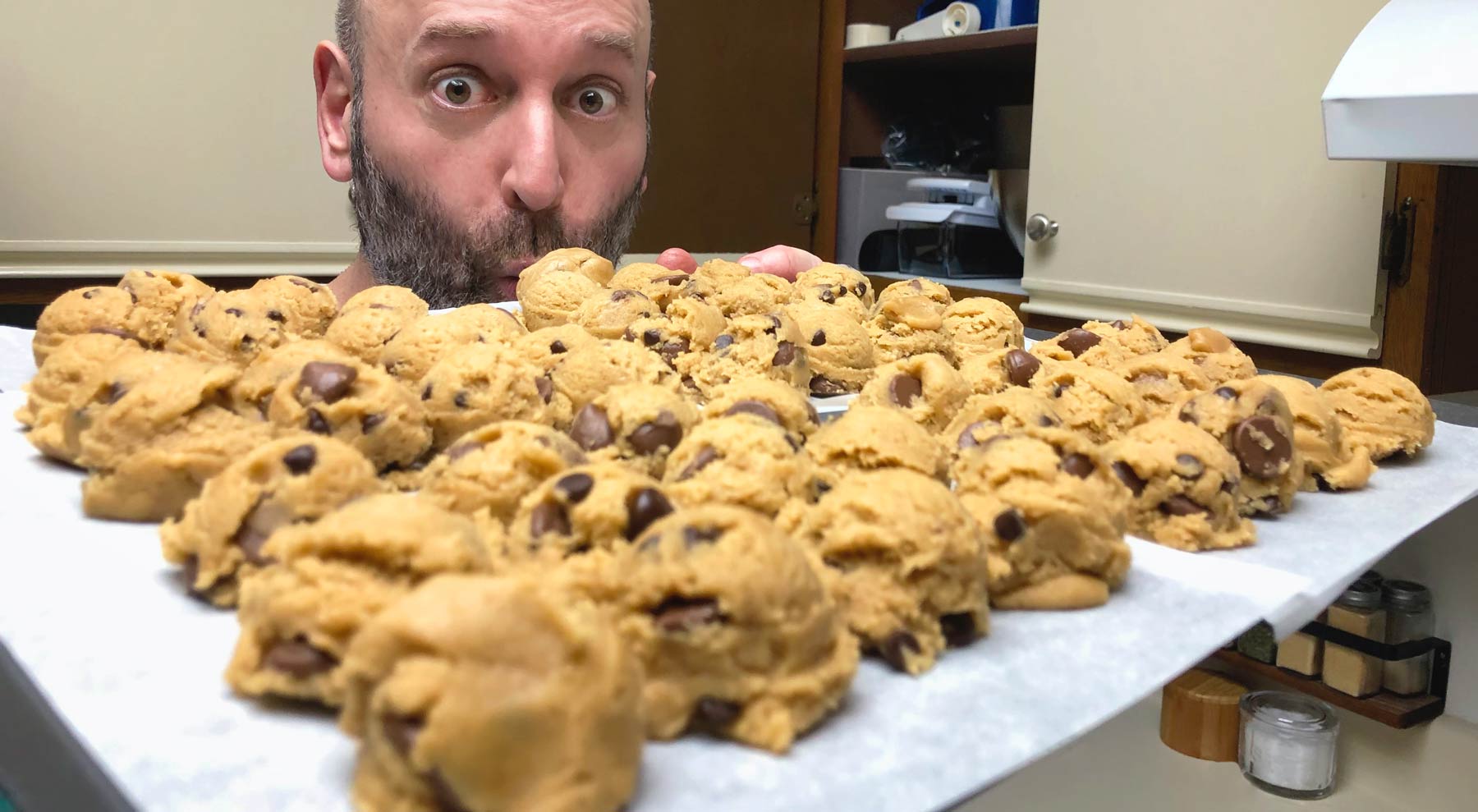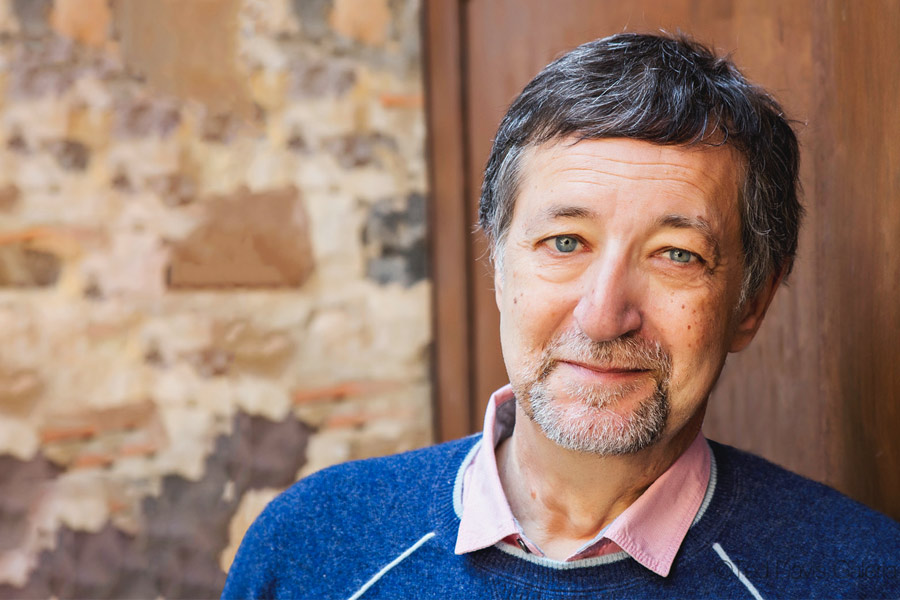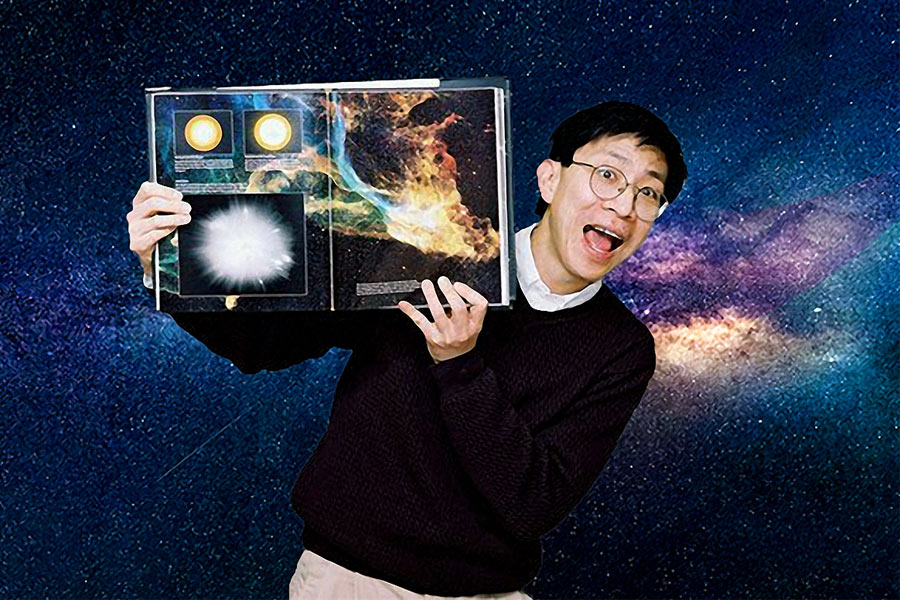She’s a scientist who was born in Russia, speaks three languages, and loves good chocolate, ice cream and tea. She currently works for the Max Planck Institute for the Science of Human History. There, she studies archaeological samples from the Silk Road that are thousands of years old in the hopes of discovering many long-hidden aspects of ancient humanity.
If that’s not cool enough, when she got her Ph.d, she made two expeditions to the Batagay crater in Siberia, a place that’s been nicknamed “The doorway to the Underworld.” There, she studied something called the permafrost archive to reveal environmental changes that occurred in our world 120,000 years ago.
What’s permafrost? Why study those ancient samples? We’re going to find out about all of that, and a whole lot more, as we talk about everything from life, love, and the Russian sense of humor, to cultured meat, and how the science of ancient humans affects us not just today… but in the future.
Please welcome, Zooming in from Germany, Paleoecologist and Paleobotanist, Dr. Kseniia Ashastina!
As you’ll hear on the podcast, Dr. Ashastina was kind enough to send me some videos from her expeditions to the Batagay crater in Siberia. The first video shows the permafrost thawing and falling more than two hundred feet to the crater below:
The second video shows the crazy mosquitos we talked about on the show!
Here are some photographs from the Siberian expedition as well!
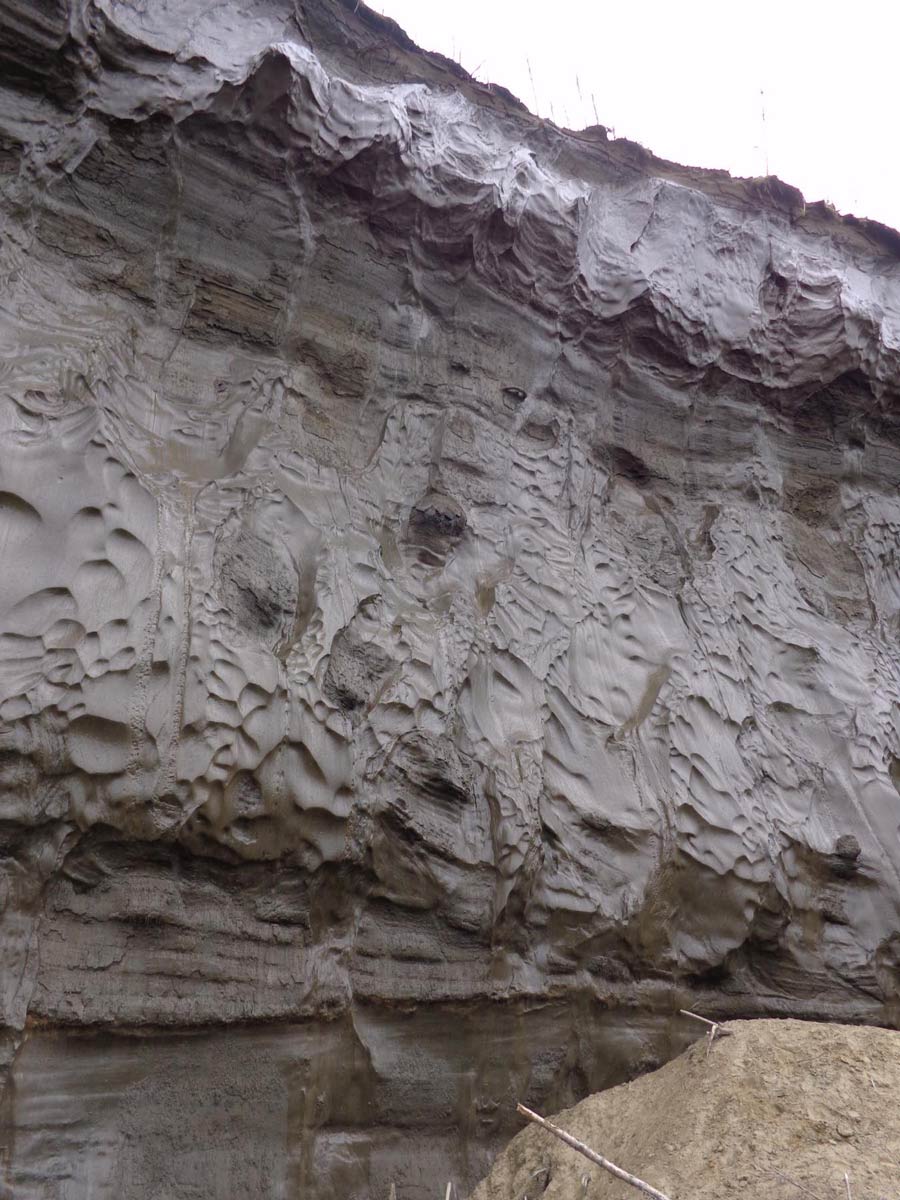
A wall of “Nutella,” a.k.a. The Batagay Crater
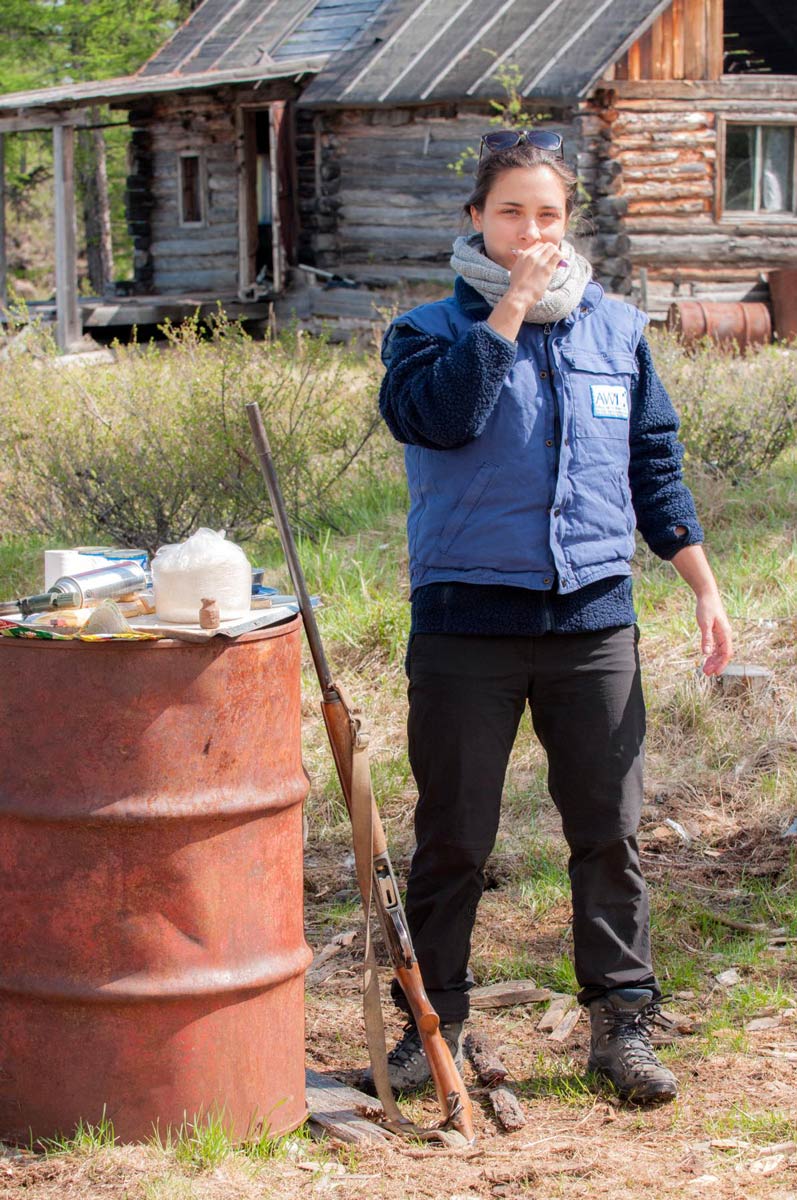
Photo courtesy of and copyright © Dr. Frank Kienast

Photo courtesy of and copyright © Dr. Frank Kienast
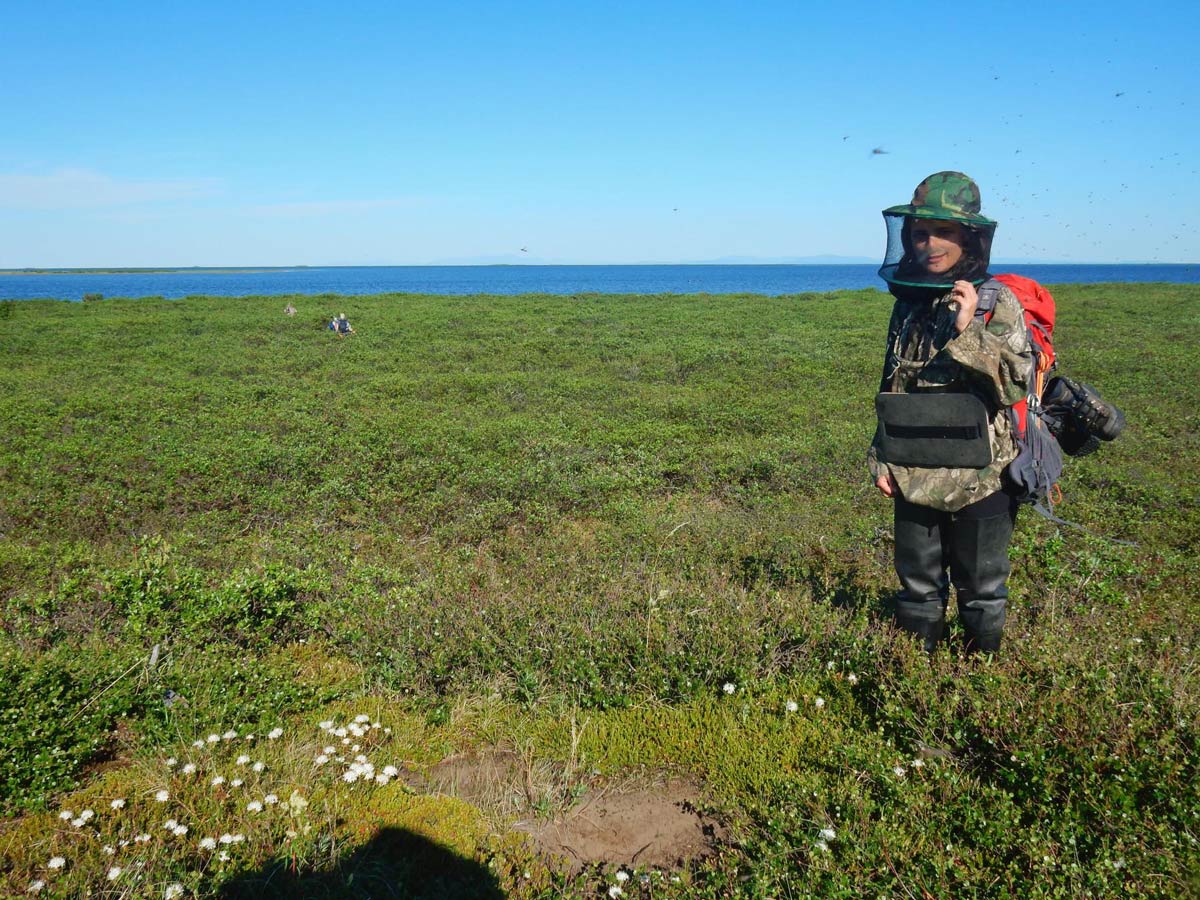
Flies! Flies! So many flies!
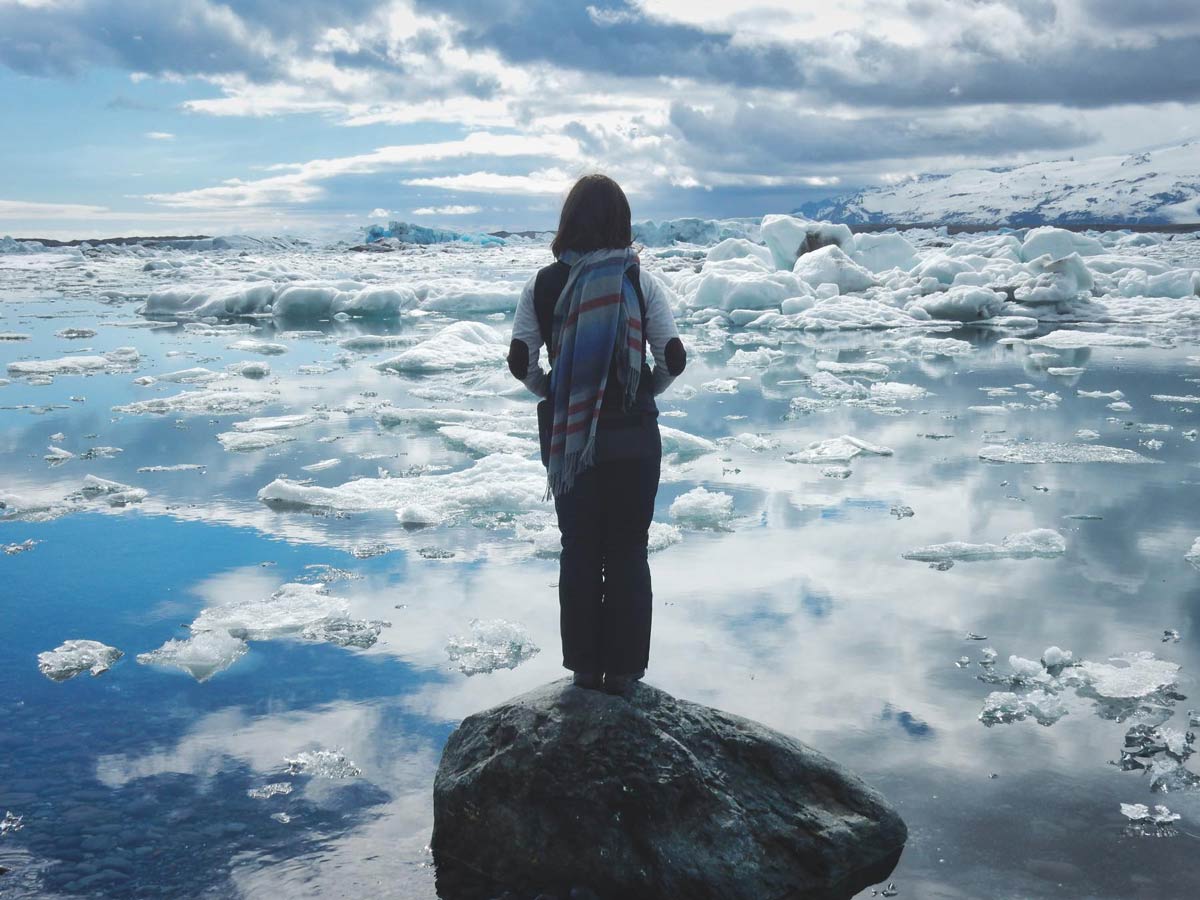
Dr. Kseniia Ashastina
How about some links (courtesy of Dr. Ashastina herself!):
If you’re interested in permafrost but don’t like to read… check out these comics on permafrost: https://frozengroundcartoon.com/cartoons/
If you would like to know more about permafrost research in Germany – visit www.awi.de
Are you counting mammoths not sheep before falling asleep? Check https://www.senckenberg.de/en/institutes/senckenberg-research-institute-natural-history-museum-frankfurt/location-weimar/ and https://www.s-vfu.ru/en/university/mammoth/
Everything you wanted to know about Siberia: https://siberiantimes.com/home/
And do you want to know more about fascinating archeological projects around the world? Visit https://www.shh.mpg.de/en
